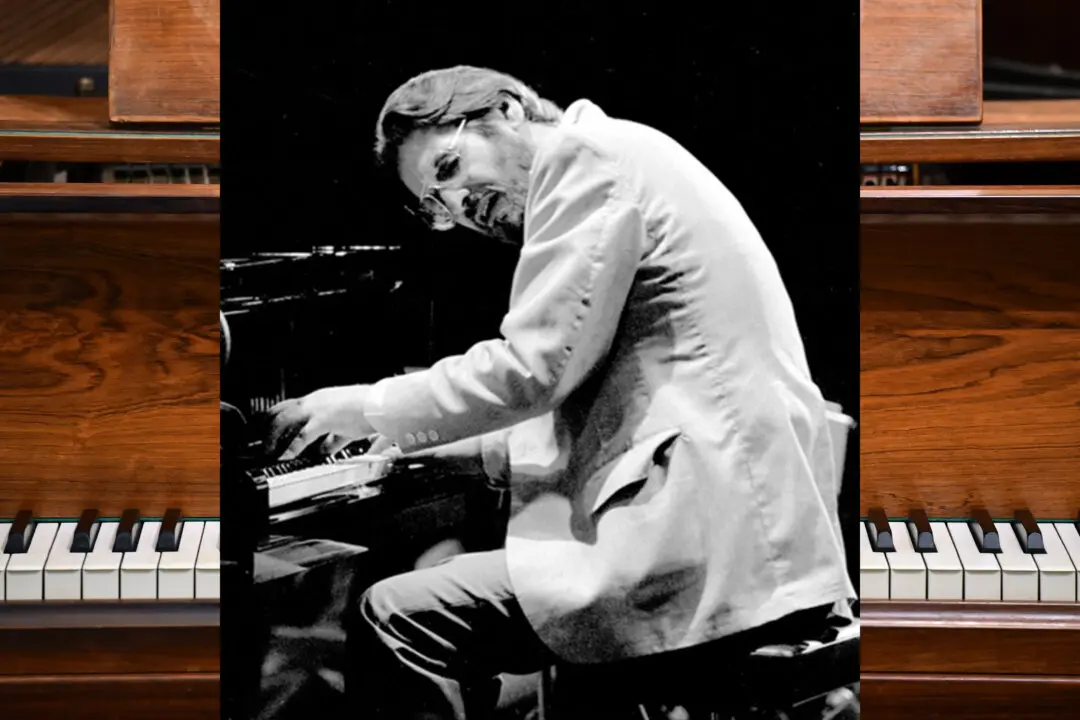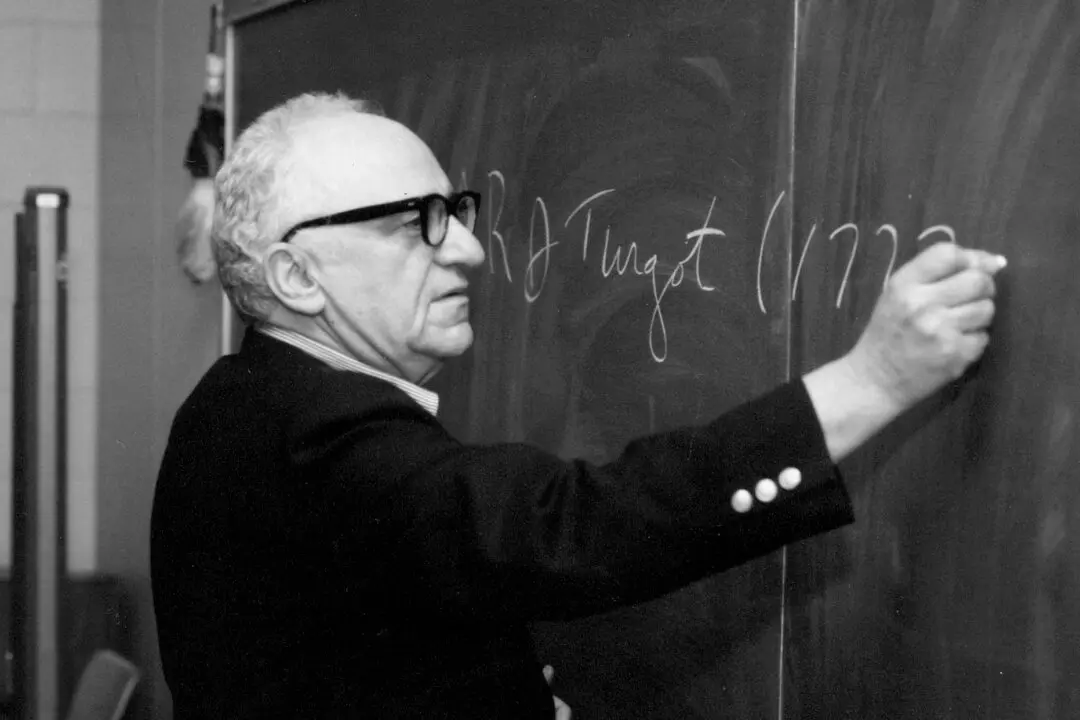Commentary
As often happens, I only wish I had one last chance to say goodbye to economist Yuri N. Maltsev, my good friend who died this week. We could have spent an entire day and evening reflecting on the great times we had together, laughing uproariously the entire time.





